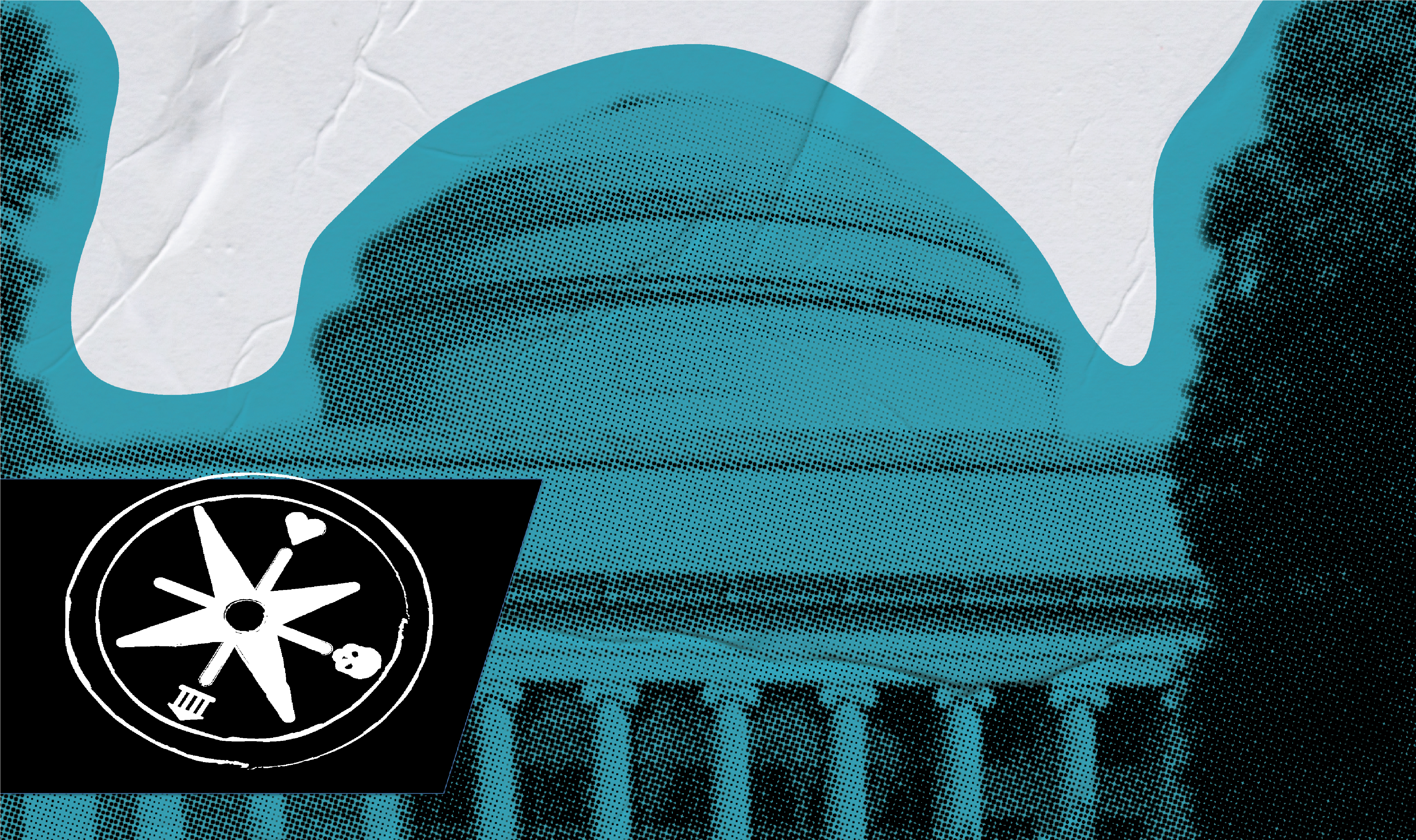As humans, what do we value (and why)? What do we know (and how do we know it)? These are some essential parts of life that every one of us must grapple with, whether we work with data or just use it to make decisions in our everyday lives. And because we as individuals live with and depend on one another, we must know how to think, have conversations, and make decisions together.
This online course from the MIT School of Humanities, Arts, and Social Sciences will introduce you to some of the fundamental questions behind everyday decisions we make about what is important to us, what is real and true, and what we believe. We will explore some of the different answers that great thinkers have offered, and learn skills, methods, and habits from the humanities and social sciences for how you can listen, converse, reflect, and work out answers to these questions.
We hope this course can serve as a “compass” to help point you in the right direction when you are grappling with difficult questions and need to look for approaches and frameworks that can help you work out answers.







